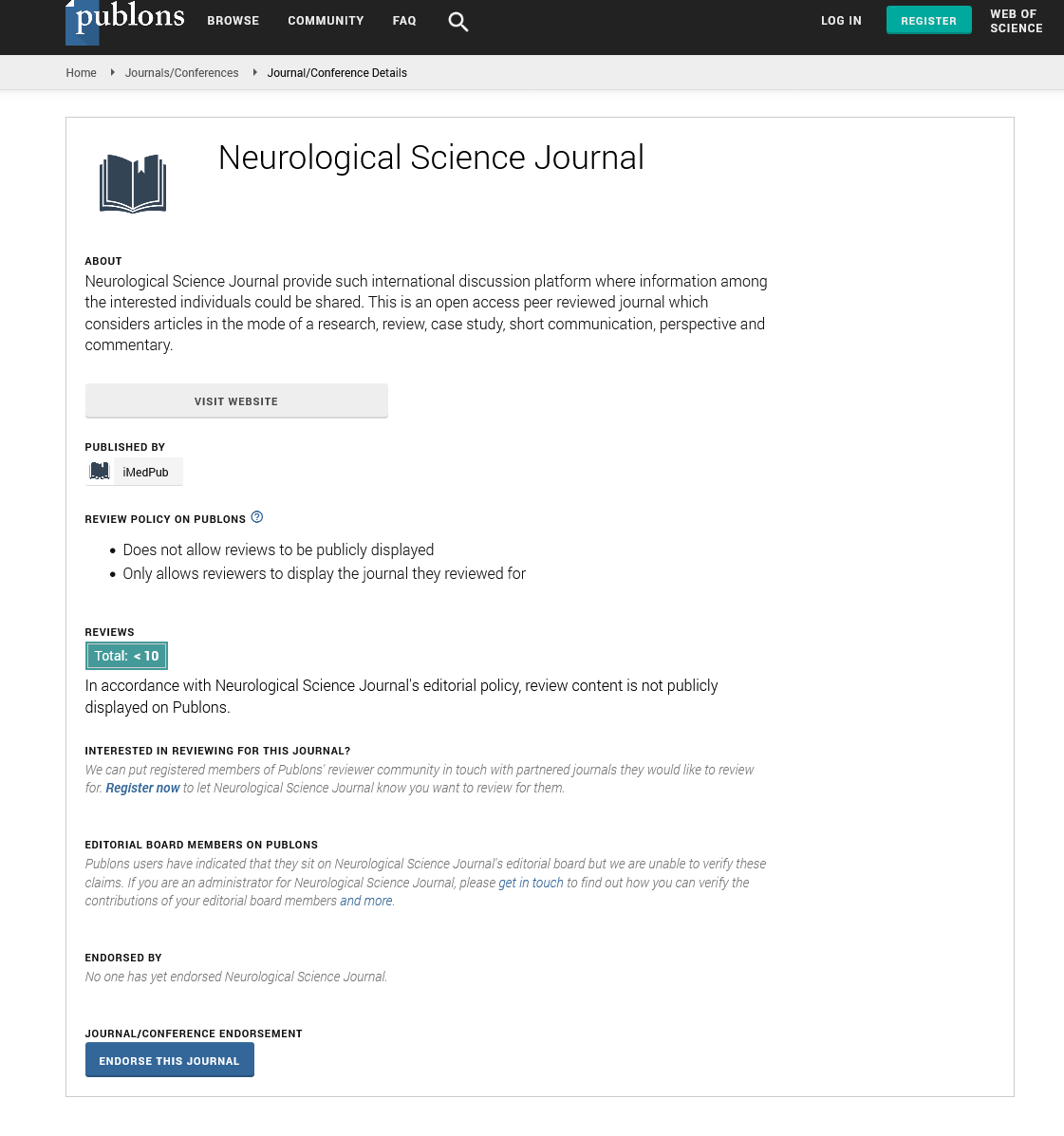Abstract
Attention Deficit/Hyperactivity Disorder (ADHD) in a Group of Patients with Addictive Problems: Exploratory Study in France
High rates of childhood ADHD has been found among substance users, revealing an important role of ADHD in addictive disorders. Compared to non-hyperactive, people with ADHD reported higher rates of co-accuracy with substance use. ADHD appears to be a risk factor for developing a consummation of one of these substances and complicates even access to the abstinence. The present study examines the prevalence of ADHD in adult patients with addictive problems (alcoholism, tobacco consumption, pathological gambling and compulsive buying). The authors compared 117 patients with and without ADHD, according to evaluations made with the Wender Utah Rating Scale (WURS) and the Adult Deficit Disorders Scale.
Various differences were observed between the group with ADHD and that without ADHD. The percentage of adults with positive scores in scales of ADHD in the sample group was 35%, compared to average 3.4% in the general population. Different trends were observed, in accord to literature, the age at beginning of addictive behaviour are more earlier in ADHD group, and the cigarette consummation are as well elevated in ADHD group.
Author(s): Lucia Romo
Abstract | Full-Text | PDF
Share This Article
Google Scholar citation report
Citations : 11
Neurological Science Journal received 11 citations as per Google Scholar report
Neurological Science Journal peer review process verified at publons
Abstracted/Indexed in
- Google Scholar
- Publons
Open Access Journals
- Aquaculture & Veterinary Science
- Chemistry & Chemical Sciences
- Clinical Sciences
- Engineering
- General Science
- Genetics & Molecular Biology
- Health Care & Nursing
- Immunology & Microbiology
- Materials Science
- Mathematics & Physics
- Medical Sciences
- Neurology & Psychiatry
- Oncology & Cancer Science
- Pharmaceutical Sciences
